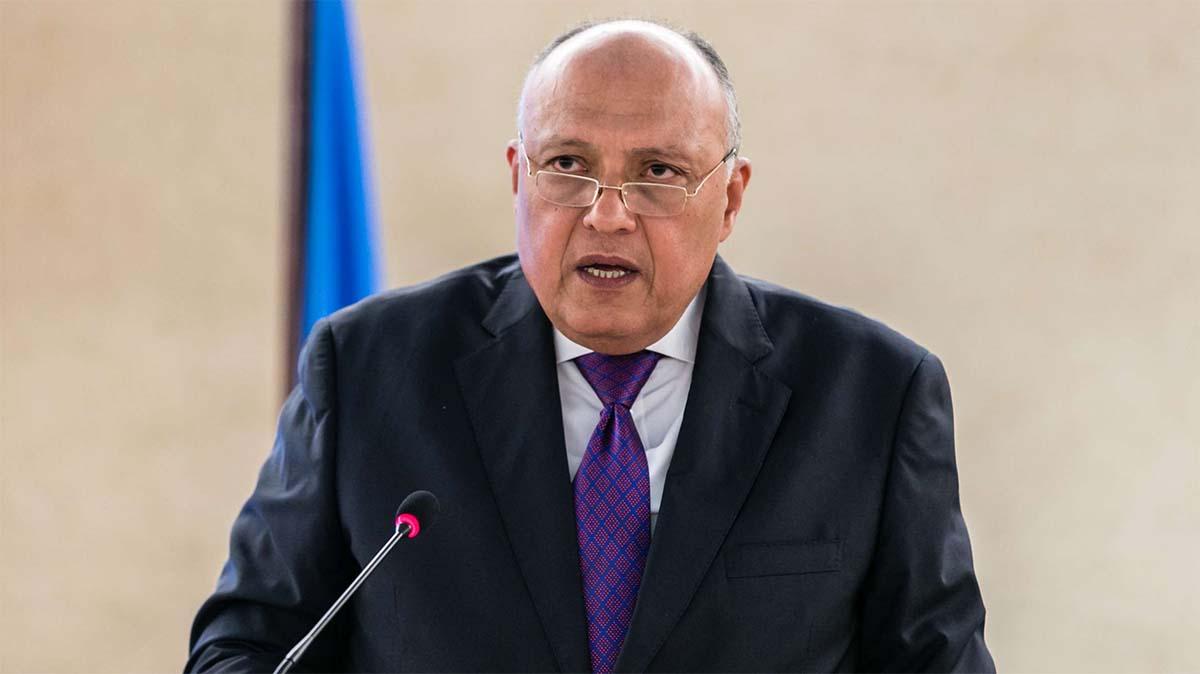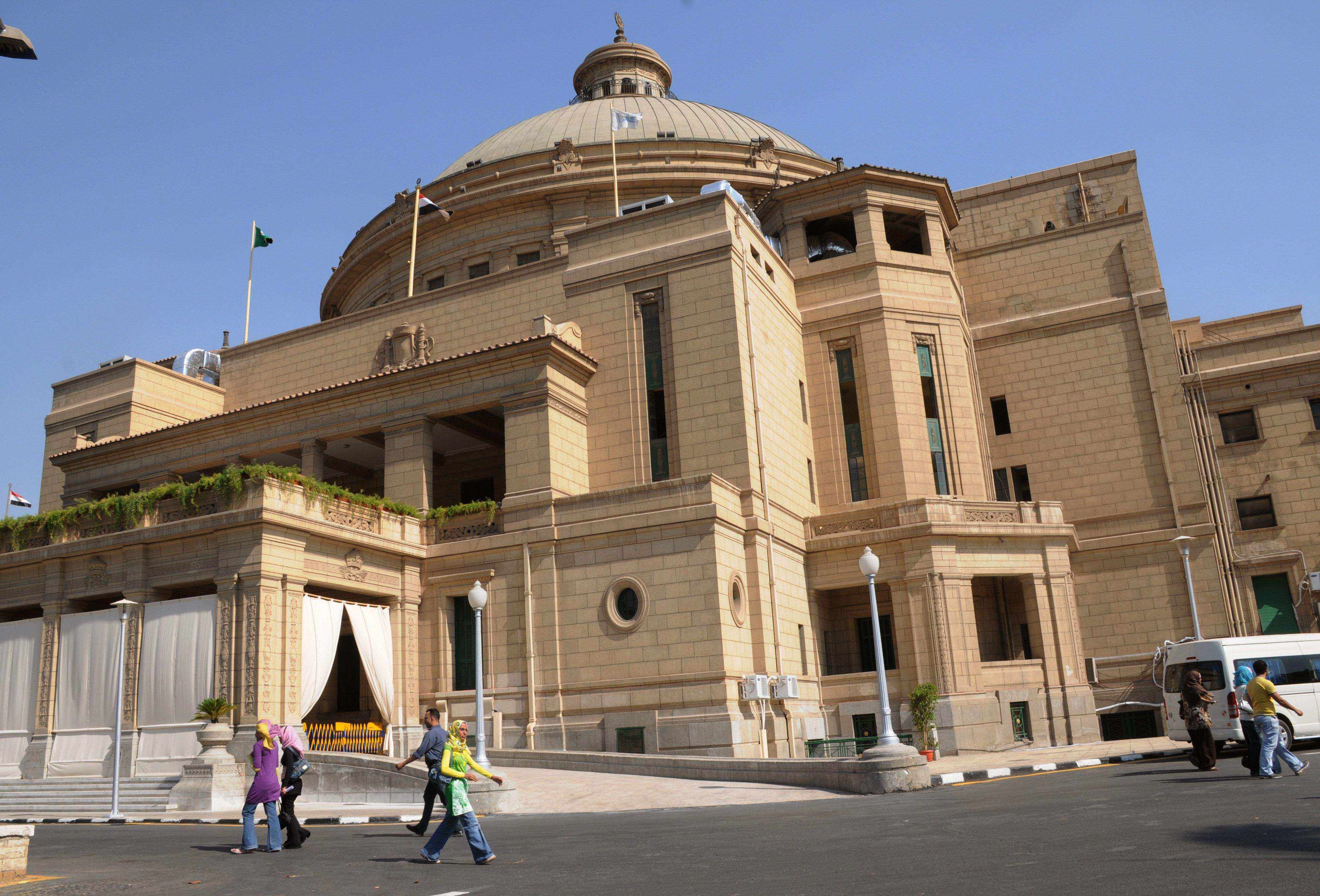When it comes to foreign policy toward Iran, Americans have been continually let down. Overreaching US intervention was one of the many roots of the Iranian Revolution in 1979, which in turn was a factor in making the Middle East a more dangerous place for Americans. This was demonstrated quite fiercely and memorably by the taking of American hostages. When George W. Bush took office, there was much optimism that he – with his pragmatic governing record – could be to Iran what Nixon was to China.
Since Sept. 11, 2001, however, the United States has reverted from a multilateral foreign policy approach to aggressive unilateralism. Despite the conciliatory messages coming out of Iran following 9/11, and the shared strategic goal of eliminating the Taliban in Afghanistan, Bush and his advisors made the decision to view Iran as an adversary. The language coming out of the administration has been so harsh that many see military conflict with Iran as inevitable.
Thousands of miles away, another hard-line leader took office. Tehran mayor Mahmoud Ahmadinejad won the Iranian presidential election of 2005. Like Bush, Ahmadinejad is prone to making statements that are not conducive to diplomacy and negotiation, such as his public assertion that Israel should be wiped off the map , the rollback of his moderate predecessor s open door policy toward international organizations, and his numerous condemnations of Bush which blur the line between policy criticism and personal attack.
The conduct and policies of both the Bush and Ahmadinejad administrations are detrimental to the already tense atmosphere in the Middle East. However, Iran and the United States – despite their differences in creed, culture and worldview – have a great deal to learn and benefit from each other.
Bush can benefit politically by taking such a hard-line stance against an Islamic nation in the wake of 9/11, and Ahmadinejad can shore up support for his regime by pointing out the evils of America s war in Iraq and support for the Zionist entity of Israel, but the poll results and cheering crowds are only fleeting gains. They ignore the possibility of a relationship that could have a positive, stabilizing effect on the region for years to come.
There appears to be a gap in both countries between the peoples wishes and governments actions. According to a June 2007 CNN-Opinion Research Corporation Poll, only 30 percent of those polled were in favor of the Iraq War, and given the current climate, a military confrontation with Iran holds little sway.
Recently, Americans voiced their opposition to the administration and its policies at the ballot box and took control of the legislature away from Bush s Republican Party in an election that was seen largely as a referendum on the current administration s failed policy in Iraq. Defence Secretary Donald Rumsfeld, an intellectual and military architect of post-9/11 Middle East policy, resigned in the wake of the new elections.
Similarly, Iran s population (two-thirds of which is under the age of 30), while generally considered socially restricted, has expressed its desire for change by way of protest, online publications, and elections.
A recent city council election in Tehran gave victory to two supporters of Ahmadinejad and 11 of his opponents. A poll conducted in May 2005 by the Amir Kabir University found a mere 5% to10% of respondents support the religious conservatives and 85% support a secular democracy, numbers that led columnist Thomas Friedman to call Iran the ultimate red state.
Clearly, both the American and Iranian citizenry are focused more on solving the problems that currently exist than causing new ones.
There is a need for a change in attitude and shift in language in the Bush administration. While Iran is indeed a strategic competitor in the Middle East, this does not make them evil . Even though the Iranian president may not express overwhelming gratitude towards more conciliatory language, the main audience should be Iran s youth, which is more liberal, democratically minded, and politically active than former generations. It is important to act strongly and fairly to solve the Israeli-Palestinian conflict, and to eliminate the emergence of radical individuals, regimes, and non-state actors that thrive on conflicts in the region.
In order for Iran to become a regional leader in one of the more tumultuous area of the world, Ahmadinejad must act in a way that engenders respect. Stop aid to Hezbollah in Lebanon and the Shi a militias in Iraq. Involvement in two of the bloodiest conflicts of the decade – whether it is direct or not – is not something that garners favour with a populace that feels its domestic needs are not being addressed.
After 9/11, the Iraq invasion, the Israeli-Hezbollah War and all the other ongoing conflicts in the region, do we really need more talk of violence? These two men can either walk down a path of disaster or a path of hope, and we pray that they choose the latter.
Douglas Foote, is a student of political science, communication and media studies at Tufts University and Dives Diaves is majoring in political science at the University of Minnesota. They co-wrote this article as part of the Soliya s intercultural dialogue program. This article is distributed by the Common Ground News Service (CGNews) and can be accessed at www.commongroundnews.org. Source: Common Ground News (CGNews), Oct. 9, 2007, www.commongroundnews.org.



